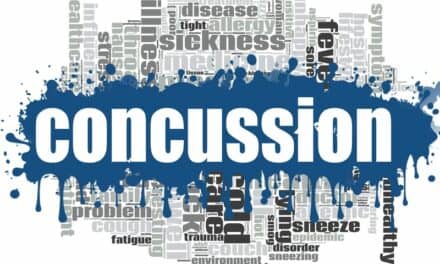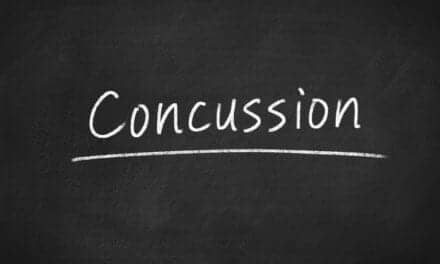Burke Rehabilitation Hospital announces the launch of a new Concussion Management Practice led by a team of highly qualified physicians specializing in brain injury or sports medicine and neuropsychologists. This is complementary to Burke’s existing therapy program for patients suffering from concussion.
Burke’s Concussion Management Practice includes a physical evaluation by a physical medicine and rehabilitation specialist and a psychological intake conducted by a neuropsychologist to assess concerns from a cognitive and emotional perspective. Appropriate treatment options and recommendations are presented after the completion of both examinations.
Located on Burke’s White Plains campus in the Billings Building, the Concussion Management Practice treats individuals from adolescence through adulthood.
“Although the vast majority of people who suffer a concussion will heal without therapeutic intervention, the very small subset of people with prolonged concussive symptoms will benefit from further evaluation by our team,” said Jamie Twaite, PhD, a neuropsychologist at Burke. “As a preventive measure, a brief psycho-social intervention and education about concussion can also reduce the likelihood of long-term symptoms.”
The Concussion Management Practice treats acute or newly diagnosed concussions after an initial consultation with a primary care or emergency room physician. Benjamin Seidel, DO, who specializes in brain injury rehabilitation and concussion management at Burke, commented, “Meeting with a physical medicine and rehabilitation physician after a concussion can help a person recover more efficiently, and early interventions can be prescribed when indicated. We can provide education and an appropriate timeline to return to activities, work and school. Accurate diagnosis of any additional medical conditions other than concussion is also important for successful recovery.” The goal is to resume daily activities slowly and avoid activities that exacerbate recovery, such as bright screens and loud noises.
Burke’s Concussion Management Practice also treats people suffering from chronic concussive symptoms that persist weeks and months after the initial diagnosis and treatment. In these rare instances, individuals show no signs of improvement or experience worsening symptoms. The symptoms include, but are not limited to, neck and shoulder pain, headaches, brain fog and difficulty sleeping. Red flags such as anxiety, depression and changes in mood require medical assistance. A psychological evaluation determines whether stressors exist that could slow or interfere with optimal recovery.
[Source: Burke Rehabilitation]





